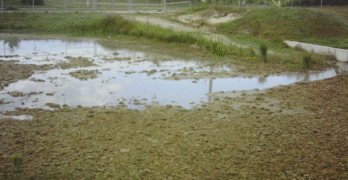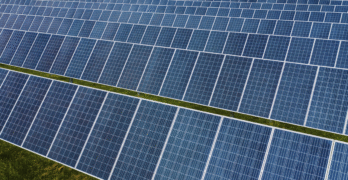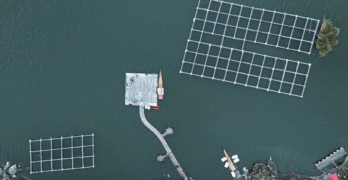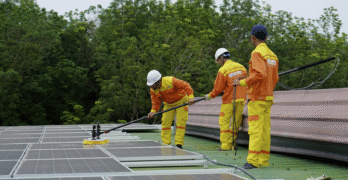Pollution remains one of the most significant environmental challenges, contaminating air, water and soil and posing risks to human health. Traditional cleanup methods, like chemical treatments and mechanical removal, often come at a high cost and sometimes harm the environment further
Which companies and industry sectors stand to profit the most from global warming?
According to a report by Swiss Re, a global insurance provider, climate change could erode a total of $23 trillion of global gross domestic product by 2050.
What is mariculture and why are proponents so bullish on it as a solution to environmental challenges?
Growing demand for seafood adds more pressure to ocean populations. Mariculture has an alternative that can help mitigate environmental challenges and even climate change.
What’s being done to get more minorities into green jobs?
Green jobs—those that directly contribute to a sustainable environment—have been growing in need as the world has become more eco-focused.
How big a role has corruption played in slowing the global fight to combat climate change
Climate change is a pressing problem worldwide, and yet corruption continues to obstruct significant progress. Corruption is defined as the abuse of entrusted power for private gain.
Am I being exposed to harsh chemicals when I get a manicure or pedicure?
The nail care industry is booming. Global market projections will near $11 billion by 2027. But beneath the glossy finish of a manicure or pedicure may lie health and environmental concerns.
How is air quality across the U.S. these days?
Air quality is defined as the degree to which the air of a set place is pollutant-free. In the United States, air quality is measured through the Air Quality Index (AQI) created by the U.S. Environmental Protection Agency (EPA).
Which U.S.-based Fortune 500 companies are turning their backs on previous climate commitments.
Many Fortune 500 companies have pledged ambitious climate goals, including net-zero emissions and investing in renewable energy.
What is “social housing” and how is it a climate solution?
A house of one’s own has always been a tenet of the American Dream. Social housing, i.e. government subsidized rental housing, gives many a stepping stone to fulfilling the dream, with manage able price tags and positive environmental impact.
How have Trump’s budget cuts affected U.S. national parks
America’s national parks welcome millions of visitors per year, some 331.9 million in 2024. And parks offer more than just scenery.
- 1
- 2
- 3
- …
- 33
- Next Page »









